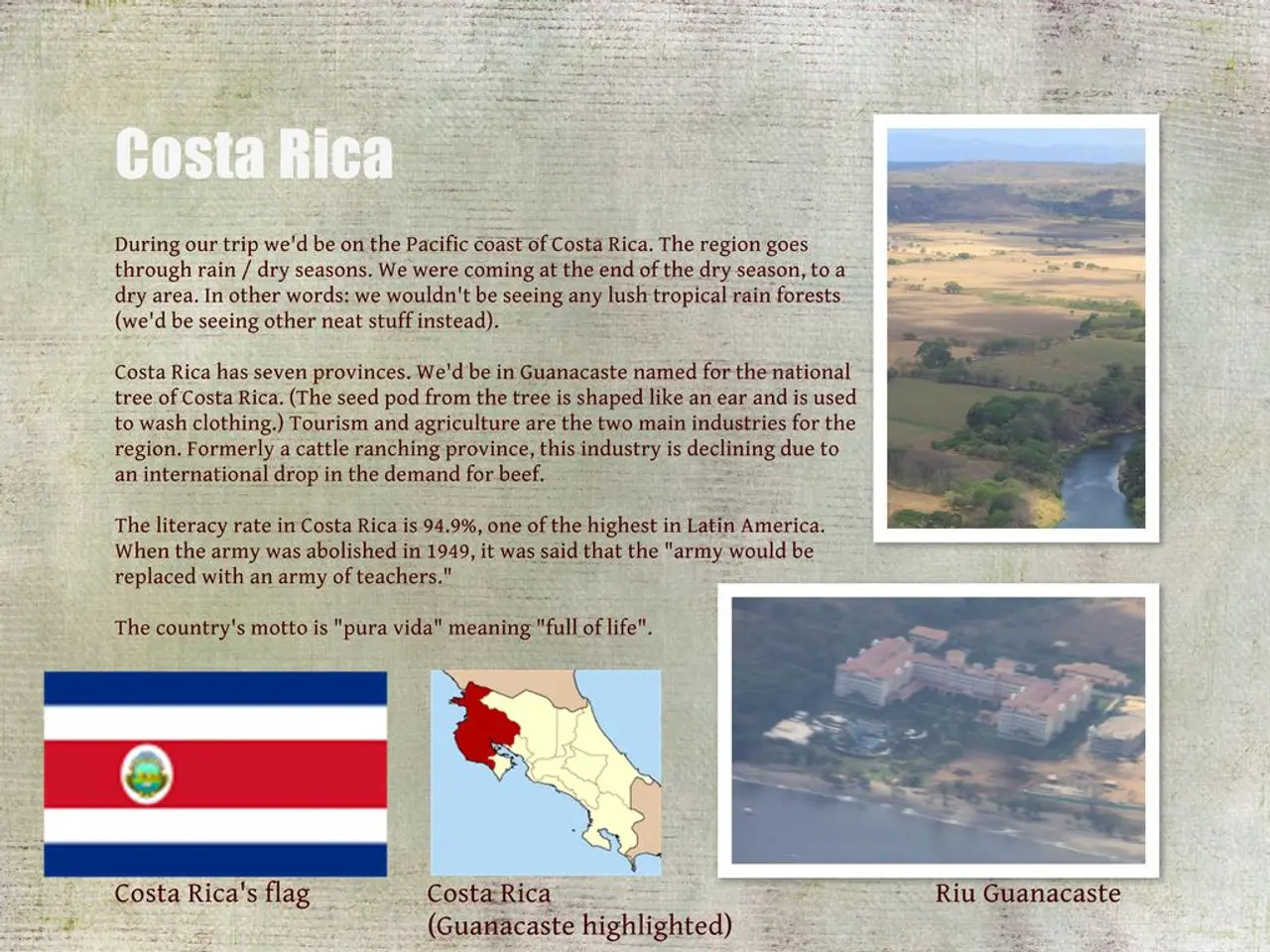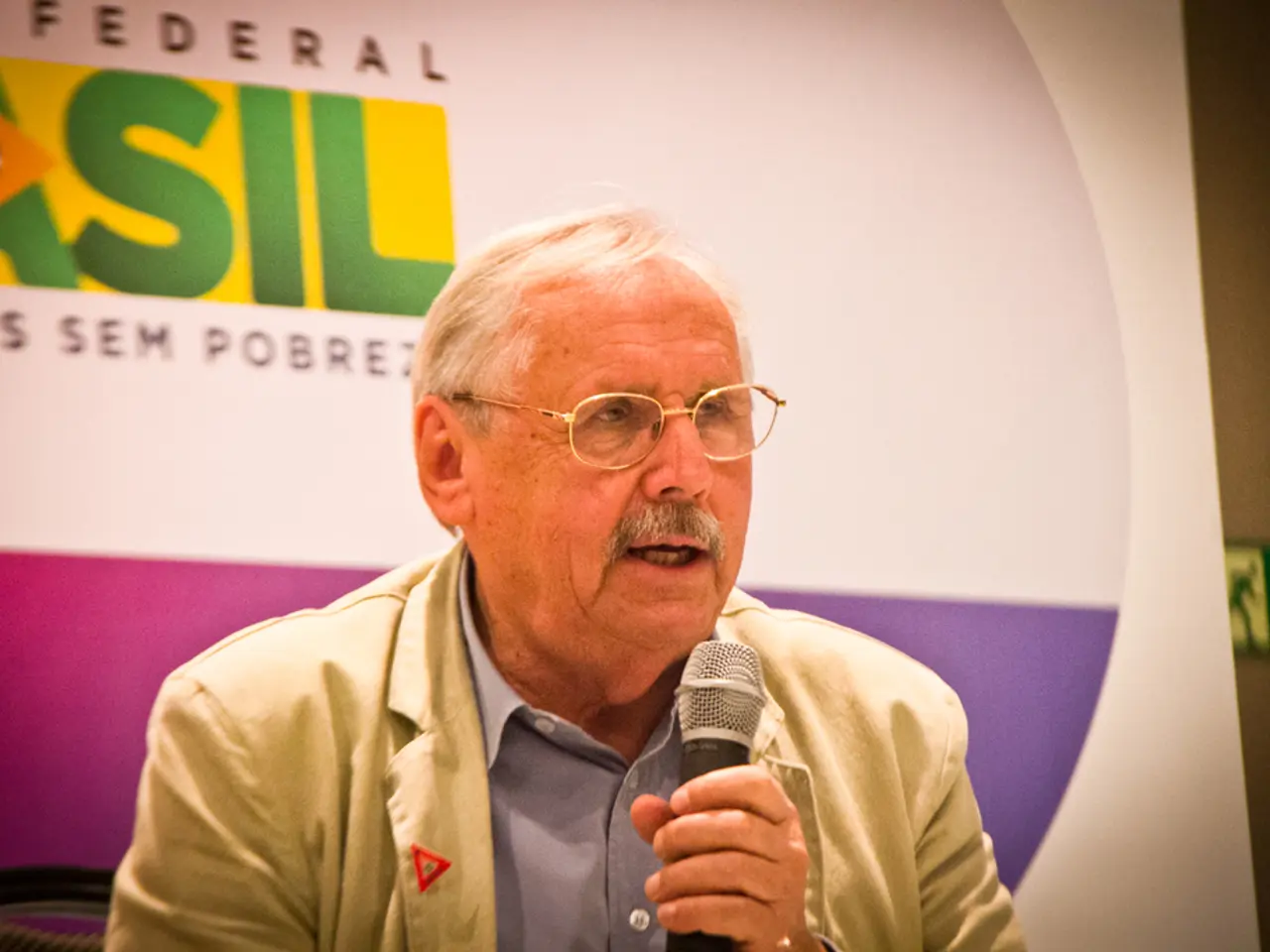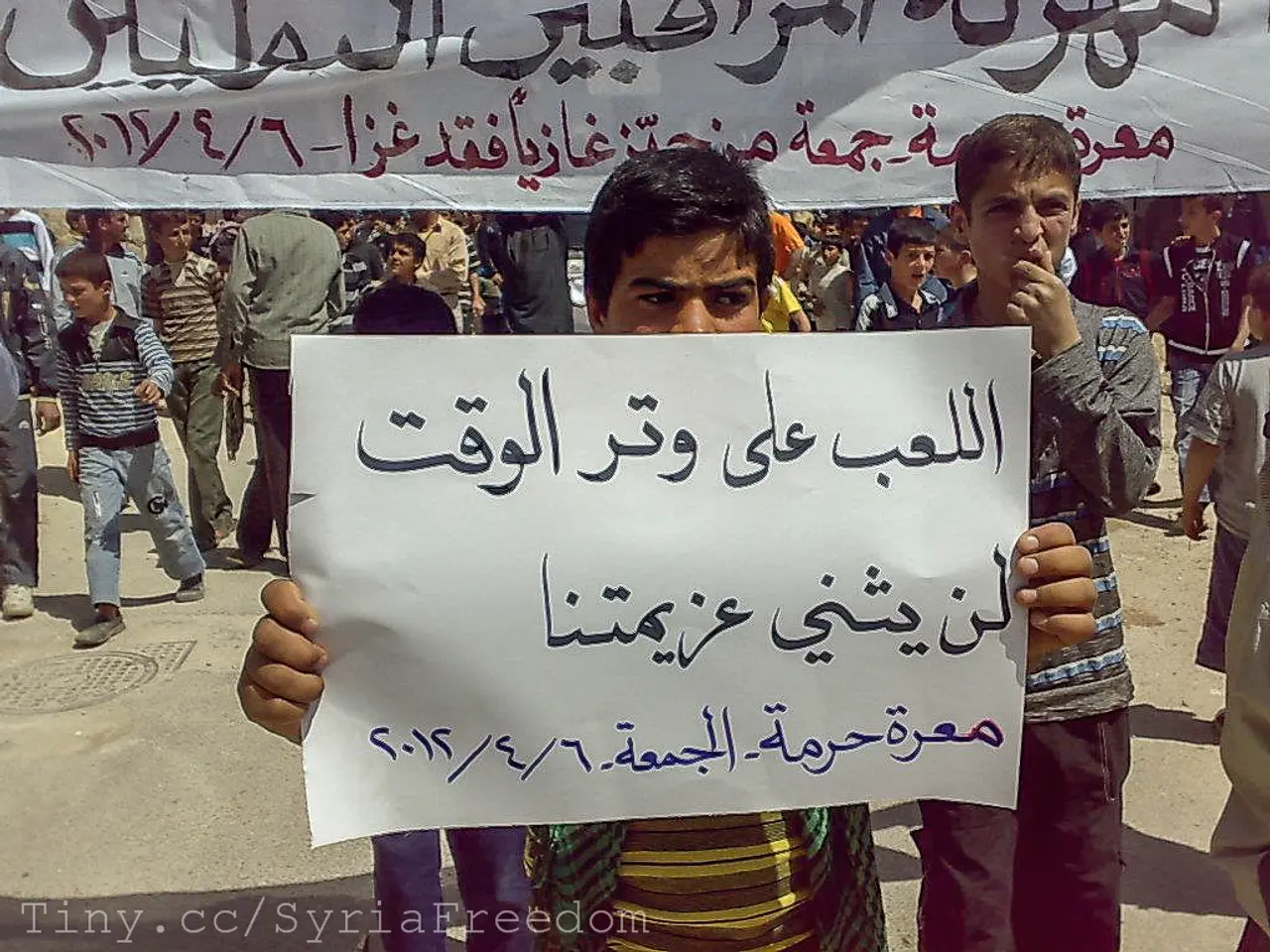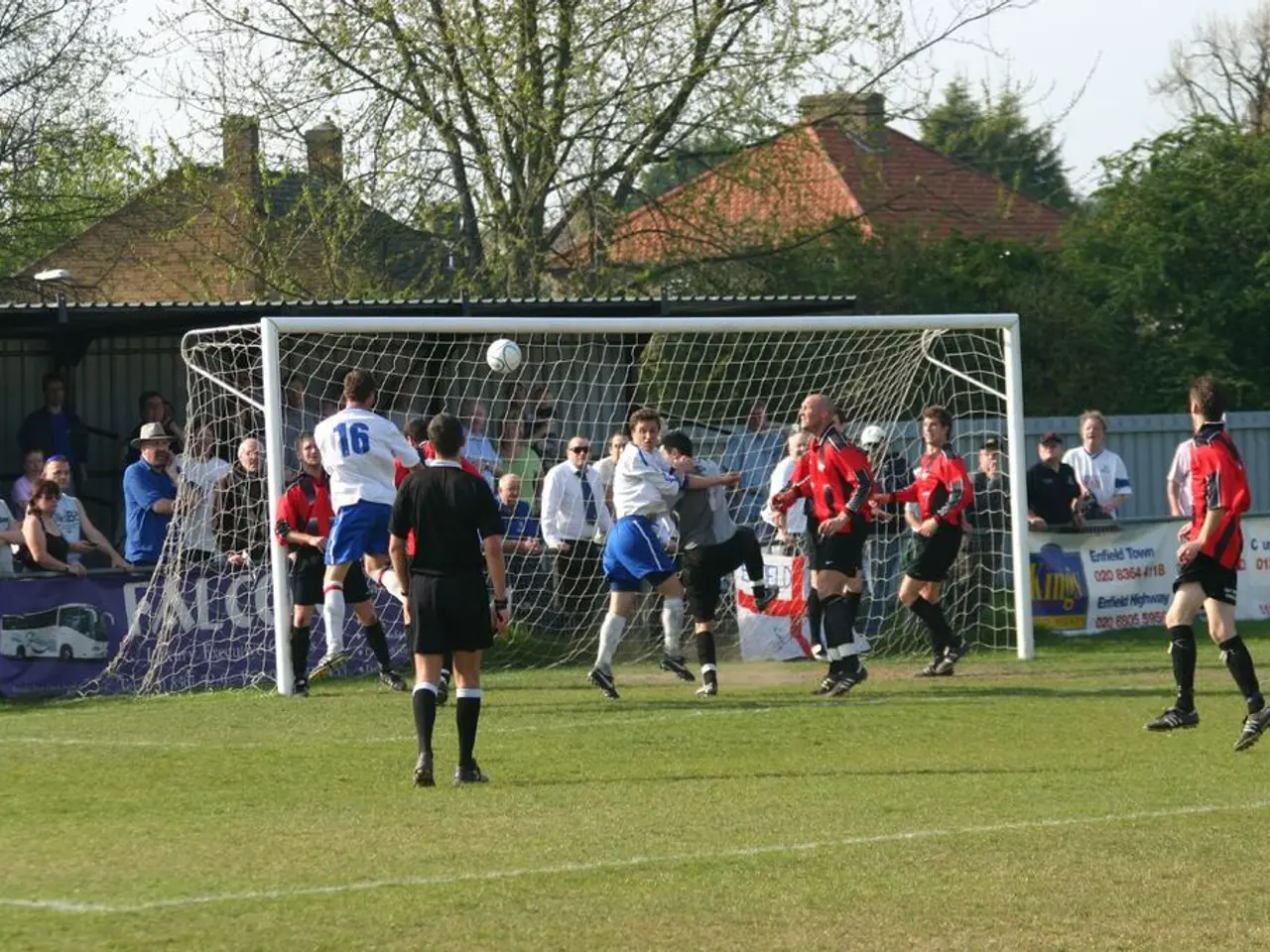Group associated with Uribe
In a landmark ruling, Judge Sandra Liliana Heredia has declared former Colombian President Álvaro Uribe guilty of procedural fraud and witness tampering. The trial, which has been ongoing for over a decade, concluded on July 28, 2025, with the judge finding Uribe guilty of attempting to bribe paramilitary witnesses to falsely incriminate Senator Iván Cepeda, a vocal critic of Uribe.
The allegations against Uribe stem from his attempts to protect himself from Cepeda’s accusations that he colluded with paramilitary groups responsible for massacres and human rights violations in Colombia during the 2000s. Despite being acquitted of bribing a lawyer to provide favorable testimony, the court deemed the paramilitary claims against Cepeda as not credible, effectively validating Cepeda's original allegations against Uribe.
On August 2, 2025, Uribe was sentenced to 12 years of house arrest and banned from holding public office for eight years, along with a fine of about $776,000. The judge denied his request to remain free during the appeal process, citing the risk of flight. Uribe, 73, denies any wrongdoing and plans to appeal the conviction.
The ruling marks a significant moment in Colombia’s legal and political landscape, given Uribe’s powerful legacy and the long-standing accusations against him. The sentence could potentially result in up to 12 years of imprisonment, highlighting ongoing tensions around paramilitary violence and political accountability in Colombia.
Notably, the ruling has garnered international attention, with Venezuelan opponent María Corina Machado solidarising with Uribe and qualifying him as "a genuine ally of democracy and freedom in Venezuela." However, the current Colombian President, Gustavo Petro, has accused Uribe of interfering with national sovereignty. President Petro has written that the world must respect the judges of Colombia, many of whom have been killed for helping the world.
The Colombian oligarchy and extreme right have reportedly put pressure in favor of Uribe within the South American country's mechanisms of power. The Yankee Secretary of State, Marco Rubio, and others have come out to defend Uribe, with Rubio questioning the Colombian judicial decision and claiming that Uribe's only crime is defending his homeland. However, the ruling also cites other pressures that the witness received as evidence of witness tampering.
Cuban-American mafia representative and U.S. congresswoman María Elvira Salazar has stated that "justice was not done in Colombia, an infamy was consummated" against Uribe. As a result of the guilty verdict, Uribe was granted house arrest while awaiting the imposition of the penalty. The trial of Uribe is a testament to the ongoing pursuit of justice in Colombia, a pursuit that continues to be met with both support and controversy.
References: [1] BBC News. (2025, August 2). Former Colombian president Álvaro Uribe found guilty of witness tampering. https://www.bbc.com/news/world-latin-america-57876994 [2] The Guardian. (2025, August 2). Colombia's former president Álvaro Uribe found guilty of witness tampering. https://www.theguardian.com/world/2025/aug/02/colombias-former-president-alvaro-uribe-found-guilty-of-witness-tampering
- The guilty verdict against former Colombian President Álvaro Uribe for witness tampering and procedural fraud has sparked discussions on war-and-conflicts and politics, with controversies surrounding his alleged collusion with paramilitary groups.
- The policy-and-legislation implications of the ruling extend beyond Colombia's borders, as international figures such as Venezuelan opponent María Corina Machado and the Yankee Secretary of State, Marco Rubio, have voiced their support for Uribe, raising questions about national sovereignty and the role of foreign intervention.
- The criminal trial of Uribe, which has gripped general-news headlines for over a decade, also encompasses crime-and-justice issues that reflect broader concerns about witness tampering, human rights violations, and political accountability in Colombia and other similar contexts.







